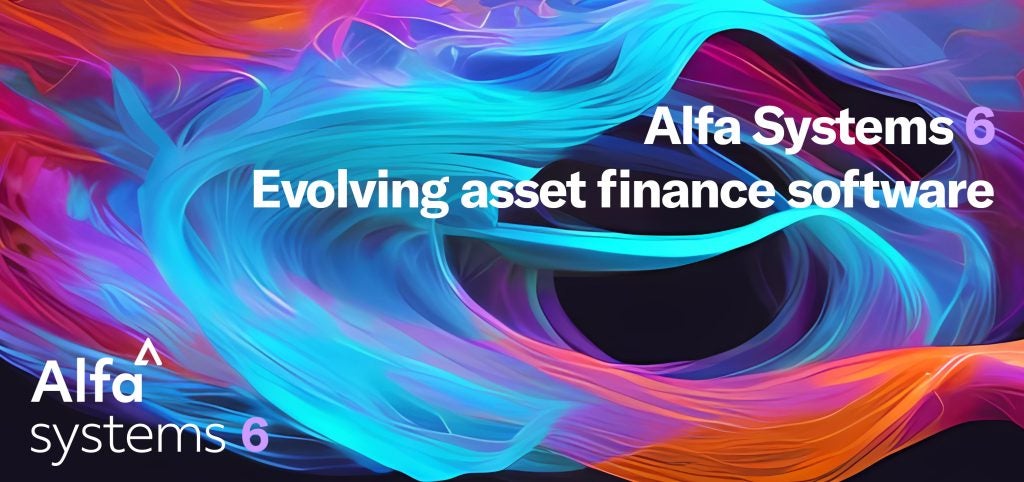
Capitas Finance, a specialist in financing energy solutions, says energy-intensive businesses should not wait for further government support in the face of soaring costs, urging them instead to look at energy-efficient investments for long-term stability.
Earlier this year, the Department for Business, Energy & Industrial Strategy (BEIS) announced that it was extending its Energy Intensive Industries Compensation Scheme until March 2025.
How well do you really know your competitors?
Access the most comprehensive Company Profiles on the market, powered by GlobalData. Save hours of research. Gain competitive edge.

Thank you!
Your download email will arrive shortly
Not ready to buy yet? Download a free sample
We are confident about the unique quality of our Company Profiles. However, we want you to make the most beneficial decision for your business, so we offer a free sample that you can download by submitting the below form
By GlobalDataIn the latest move to relieve pressure on energy-intensive businesses, including those operating in the steel, paper, glass, ceramics and cement sectors, the government is consulting on the option to increase the level of exemption for certain environmental and policy costs from 85% of costs up to 100%.
Capitas Finance, a provider in financing low-carbon energy solutions and on-site energy generation, believes that whilst any further governmental support should be welcomed, manufacturers continue to be amongst those most impacted by the ongoing energy crisis. Responding to this, it has urged organisations to investigate all the ways they can protect themselves from rising costs, including investment in low carbon technology.
The company, which has funded energy resilience projects for brands including Rygor (the largest Mercedes Benz commercial dealership in the UK), surf attraction The Wave and countryside retailer Mole Valley Farmers, believes that investment in energy efficiency measures – from small-scale LED lighting upgrades to large-scale renewable solutions, or distributed energy schemes - will play a crucial role in helping businesses to reduce operational costs and improve energy resilience.
Such investments will also help those who have committed to the decarbonisation of their operations and aligned themselves with domestic climate reduction targets.
With access to finance often cited as one of the biggest barriers to implementing positive change, Darren Riva, CEO of Capitas Finance, says businesses should be buoyed by the help that is available from specialist energy solutions finance companies.

Commenting on the situation, he says: “Now is the ideal time for energy-intensive businesses to take action and protect themselves from rising energy costs. This can be achieved by investing in low carbon technologies that reduce energy bills, reduce reliance on the grid and accelerate the pathway to decarbonisation.
“We understand that finance could be one of the biggest barriers to positive change, and many businesses will be put off taking the necessary steps that will improve their energy resilience due to a lack of access to investment funds. But it is vital to remember that not every change has to be complex or costly.
“As a specialist energy solutions finance company, we can help remove the barriers to energy finance. We’re here to help these businesses become more resilient, and by working closely with customers we can offer solutions that make it possible for them to maintain their operations, reduce their commercial risks, and remain competitive, without the need for up-front capital outlay. In increasingly uncertain times, such investments really could make a world of difference.”








